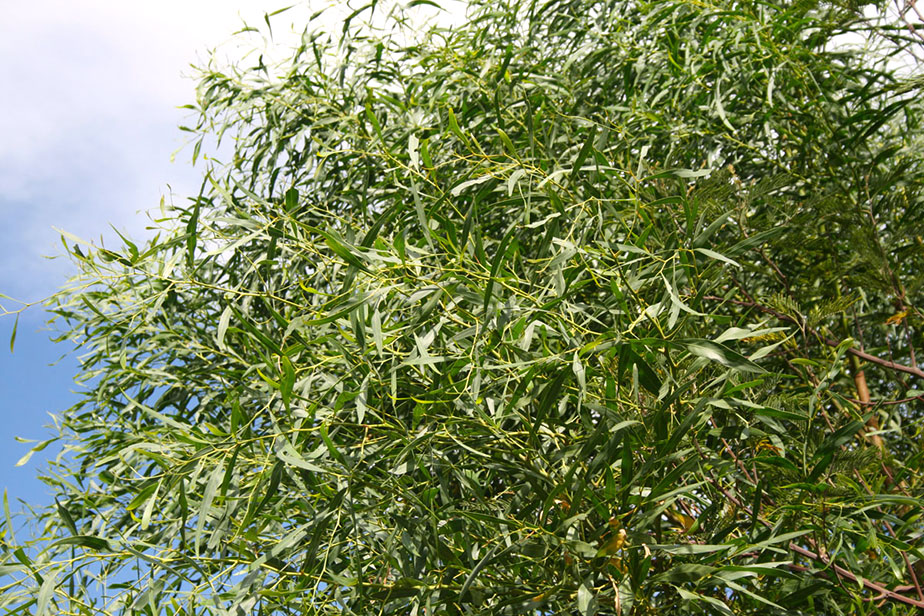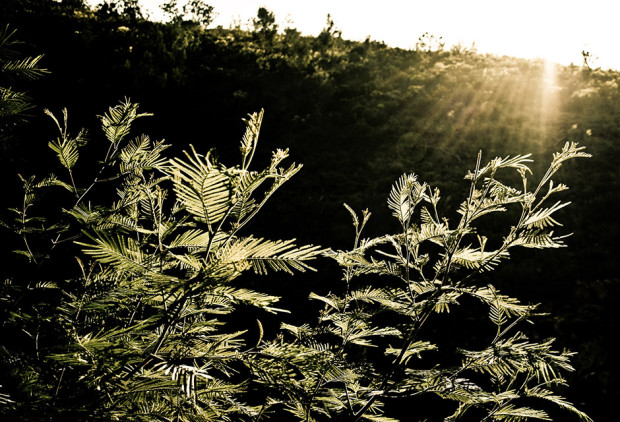The 4th World Conference of Ecological Restoration recently took place in Merida, Mexico. Tucked away in a dark remote corner of the Holiday Inn Hotel venue late late in the afternoon and scheduled between two Spanish speaking presentations in a session otherwise totally irrelevant to my particular research focus, I delivered a presentation which may indeed reverberate through history as being pivotal in illuminating our experience of alien contact.
Ha! Hope you didn’t easily fall for that codswallop. Well it was all true except for reverberating through history pivotal blah bit.
Anyway, I did present some of my research so far – this one was focused specifically on the work done with respect to the public’s perception and experience of alien invasive species (particularly my Aussie collaborators, Black Wattle and Port Jackson – otherwise known as ‘Blacko & Jacko’ to their mates).
![]() Download the presentation here – PDF 2.5MB
Download the presentation here – PDF 2.5MB
So there was the obligatory presentation outline, research questions, methods and faff but after that fanfare was over, it was then straight into the juicy stuff – like the relevance of meaningful nature experience to pro-environmental behaviour, personal transformation and as motivator for engaging in restoration activity. I spoke a bit about how Blacko, Jacko & Co may affect not only our meaningful nature experiences but the biocultural diversity which is tightly woven into the cultural identity of South Africa (SA). My first realization of this came from seeing how the cane toad (aka ‘Bufo’) was fully ripping into Yolngu Aboringal cultural values. Disconcerting stuff.

And the thing is, with Blacko & Jacko getting into South Africa’s rivers and spreading like tinea between the toes (or is that just me?), it would seem that our potential to have meaningful nature experiences could soon take a battering. Or not? I bowled a bit of wrong’un (that’s a ‘googly’ to the northern hemisphere cricketers) to the audience in showing that, for some, the novelty, beauty and charisma of the likes of Blacko & Jacko may be all too endearing (well, you got to admit they are Aussies afterall). But it must be said that the majority of SA respondents surveyed had distaste for their dominance, abundance and the fact that they didn’t belong in SA… and an underlying theme was this idea of valuing ‘diversity’ – something we say we value so much and yet our everyday actions do everything possible to undermine.
We then moved onto the more woolly ‘wooo’ experiences involving alien invasives – and the different types of ‘characters’ we play out in our reactions to invasives. I feel a bit of an affinity for our Embattled Environmentalist who, after fighting the war on invasives as well as every other ecological crisis, has become weary, bitter and cynical – and is subsequently no longer invited to Friday drinks with old school friends.
There were other participants in this research who had the very Zen ‘as it is’ approach to the whole issue. “Yo man, it’s cool, you know –this is where humanity is meant to be at this point in time…everything for a reason, man ”. They know the universe knows but who knows if they know?
We also saw how people may have a profound meaningful nature experience which actually involves Blacko & Jacko – and they can get like this total oneness feeling and lovey-dubby about them and all. And does it end there? Hell no – these people then come to see these trees as their kin, like the brother, sisters and cousins you just want to go up and give a good ‘ol rough and ready hug to at family reunions and those kind of shebangs. And then they want them in their lives around forever – “cos, you know, they may not be perfect, but they are my family.”
In the eyes of ecologists, this may be like a Nightmare on Pine Street but such emotive kinship views may not be all totally ‘bad’. Not at all. There is also profound learning in that kind of connection too. And paradoxically, for some those views actually encouraged some people to get down, get dirty and support restoration – but with a different kind of mindset: maybe even a more wholesome one.
And that’s where this presentation ended up – looking at what this means for education, especially that which is focused on invasives and restoration. Given these diverse values, this plurality of experiences (hang in there, just a pulling out a few big intellectual words for the finale) how do we educate in a way which fosters respect for Blacko, Jacko & Co but at the same time is incisive in enriching our understanding of interconnectedness and their threat to the balance of the social-ecological system?
Pffhooou, bit heavy, eh.
But at least you’ve just been a part of pivotal history.








Be the first to share a comment